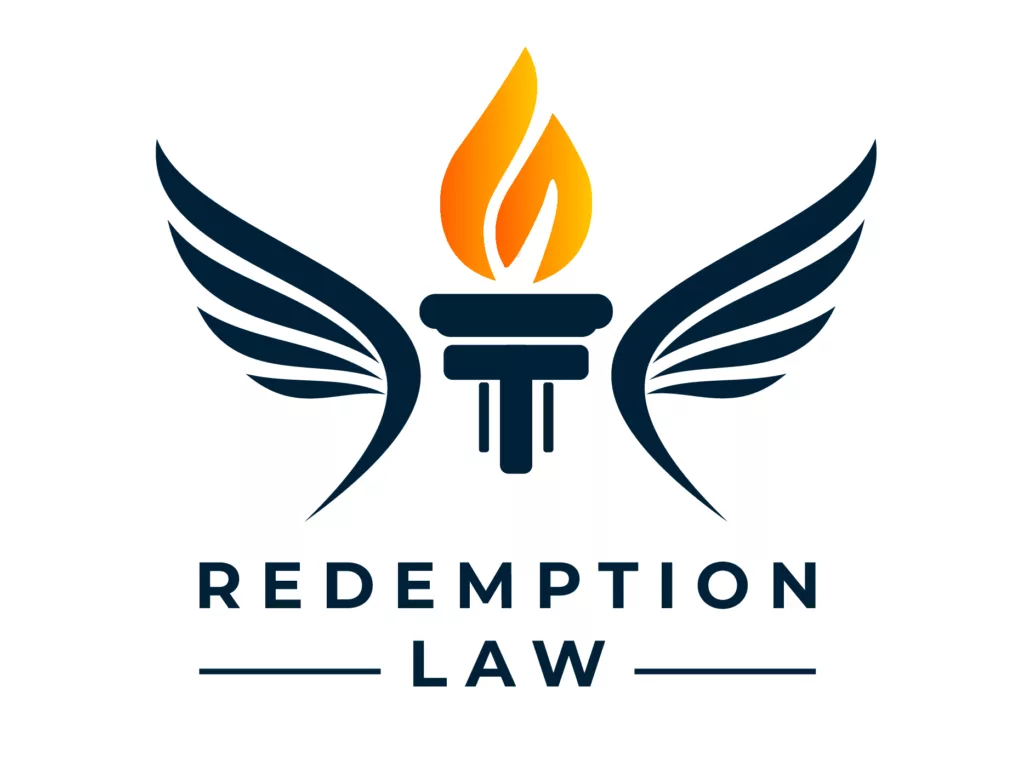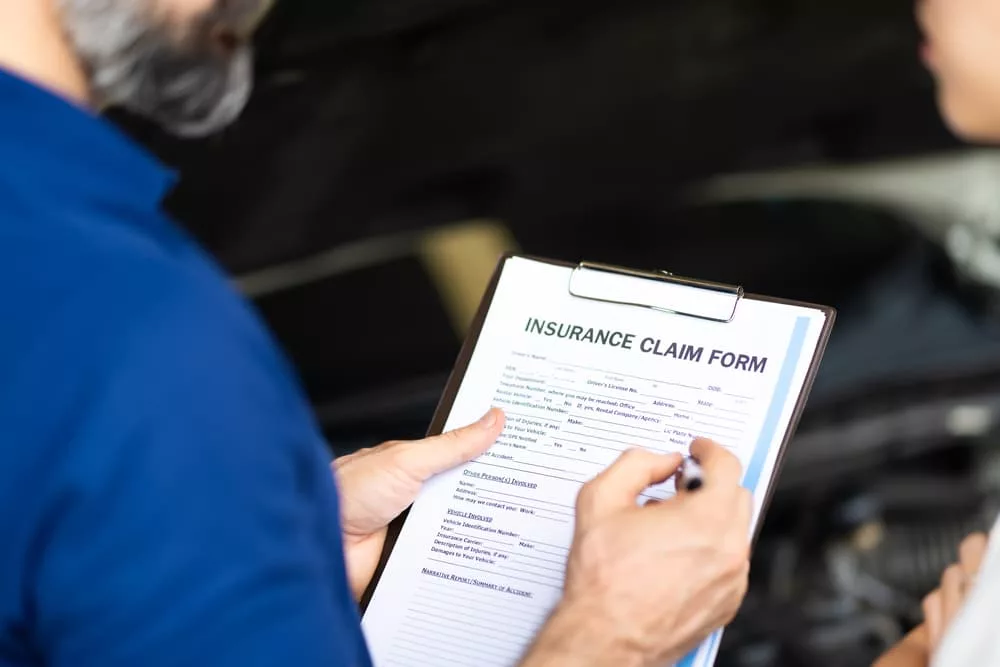If you suffer injuries in a car accident, you might already know that you have a right to seek compensation for medical expenses and lost wages due to your injuries. However, filing an insurance claim can be a demanding and challenging process. One of the most frustrating situations injury claimants face is when an insurance company denies their valid claim.
If this has happened to you, you might feel overwhelmed with questions and concerns. How will you be able to afford your medical bills? What if you fall behind on living expenses because you miss time at work? Why did the insurer deny your claim in the first place?
Dealing with these challenges can feel particularly stressful as you cope with life after an injury. However, you should understand that a denial does not necessarily prevent you from recovering compensation. With the right information and legal counsel, you can take steps toward a more favorable resolution for your application.
How Do Car Accident Claims Work in Florida?
Florida is a no-fault car accident state. However, this phrase does not mean that no one is ever to blame for an accident. Instead, Florida’s no-fault laws mean that a motorist will seek compensation first from their own insurance via personal injury protection (PIP), regardless of who is at fault.
Under Florida law, all drivers must have a minimum of $10,000 in PIP coverage.
When a driver gets into an accident, their insurance policy will cover:
- 80 percent of medical expenses, up to the limit of the policy and capped at $2,500 for non-emergency conditions
- 60 percent of lost wages due to accident-related injuries, up to the limit of the policy
- $5,000 in funeral and burial costs for a fatal injury
For a PIP claim to be successful, you must seek medical attention for your injuries within 14 days of the accident. Upon receiving your application, the insurer must respond with an approval or a denial within 30 days.
If the insurance company approves your claim, they will send you a check for your reimbursement amount. If they deny your claim, they must provide a written explanation as to why they did so.
What if My PIP Policy Does Not Cover My Losses?
If your medical expenses or lost wages exceed $10,000 and your injuries meet the state’s severity threshold, you can seek compensation via the at-fault driver’s bodily injury (BI) liability insurance policy, if they have one.
If not, you can apply to your own uninsured/underinsured motorist (UM) policy, if you have one. These policies may allow you to seek compensation for a greater amount of money and for a wider variety of losses than a PIP claim allows. You could also have the option of filing a lawsuit against the at-fault driver.
Why Did the Insurer Deny My Claim?
You might assume that filing a claim after a car accident is relatively straightforward. After all, you pay the company in exchange for coverage when you need it. However, even when dealing with your own insurer, the complexity of the process might come as a shock. Insurance companies want to avoid large payouts whenever possible. As such, they will actively look for reasons to deny your claim.
Consequently, an insurance adjuster may try to use any of the following reasons to justify their decision to deny your claim.
Your Medical Treatment Was Unnecessary
Insurers will only reimburse you for medical expenses if they believe the treatments you received were reasonable and proportionate to your injuries. If they deem your medical interventions unnecessary, they might deny your claim. You can improve your chances of a successful claim by providing extensive evidence, such as diagnostic test results, doctor’s notes, and photographs of your injuries.
Your Treatment Did Not Receive the Correct Medical Approval
Most insurers require a licensed physician, dentist, hospital, or hospital-owned facility to approve any treatment before they will pay for it. Your claim may be unsuccessful if you do not supply evidence of this approval.
You Waited Too Long to Seek Medical Treatment
No-fault insurance providers stipulate that those injured in car crashes must seek medical treatment within 14 days of the accident to qualify for compensation. Other insurers may not have this requirement, but they will still assume that a large gap between an accident and any medical treatment indicates that the two are unrelated. Or at least they will say so to justify denying a claim.
Many people do not realize they have suffered an injury until several days or even weeks after a traffic collision, as certain symptoms can remain hidden for a long time. This delayed onset is one reason you should consult with a medical professional immediately after being in an accident. A physician’s examination may discover injuries you did not realize you had.
You Missed the Deadline to Make a Claim
In addition to the 14-day rule for seeking medical treatment for PIP insurance, some insurance policies stipulate a timeframe for filing a claim. Read your policy thoroughly to determine if any deadlines apply to your situation, and consult with an experienced Florida car accident attorney if there is anything you struggle to understand.
Your Injuries Were Due to a Pre-Existing Condition
A pre-existing condition is an injury or medical condition you had before the accident. For example, if you suffered a herniated disc five years before the crash, your insurer might deny your claim because the injury pre-dated and was therefore unrelated to the collision.
However, you might still qualify for compensation if the accident exacerbated a pre-existing injury. Seeking medical treatment immediately after the collision can help your doctor determine whether your injuries have worsened. Speaking with a qualified attorney can help you understand whether you still have a valid claim.
Your Injuries Are Unrelated to the Car Accident
Many people receive denials for their claims because their insurer decides that their injuries did not occur due to the traffic collision. In many cases, this outcome is the result of a delay between the car accident and when the claimant sought medical treatment. The more time passes between the two events, the more justification an insurance adjuster has for declaring a lack of causality.
If you did not seek early treatment after an accident, you can strengthen your case by gathering as much evidence as possible to demonstrate the link between the crash and your injuries.
You Were Driving Another Person’s Car Without Their Permission
If you suffered injuries in an accident while driving another person’s car, an insurer might not cover your accident-related losses by claiming the owner did not permit you to operate their vehicle. A lawyer can help you prove that you had either implied or explicit consent to do so.
Your Insurance Policy Has Lapsed
Your claim will not be valid if you file it after your policy has lapsed. Always keep your insurance current so you can comply with state law and protect your right to compensation.
Your Policy Does Not Cover the Losses You Claim
Insurance policies cover a specific set of losses, and requesting compensation for anything else will result in a denied claim.
For example, PIP does not cover:
- Property damage to your own car
- Pain and suffering
- Loss of enjoyment of life
Recovering these losses may require you to file a claim against another type of insurance policy if applicable. If not, you can try to recover these damages in a personal injury lawsuit.
What Happens if an Insurer Denies My Claim for No Reason?
When you receive a denial for a car accident claim, the insurer must provide a reasonable justification for their decision. However, many claimants find the insurer’s reasoning insufficient or incongruous with the circumstances of their case. In some cases, the insurance company may even have denied your claim in bad faith—that is, violating the law and their obligations to you under the terms of your policy.
If you find yourself in this situation, contact an experienced Florida auto accident attorney immediately. They can demand the insurer clarify their reasoning behind your denial via a formal appeal. If the insurer cannot provide a valid reason for the denial, your lawyer can file a bad-faith insurance lawsuit against them.
How Do I Appeal a Decision?
Most car insurance policies offer a process for their customers to contest or appeal a denial. Doing so typically involves submitting additional evidence to support your claim.
A car accident lawyer can review your policy and determine how to strengthen your claim. They can also negotiate with the insurance company on your behalf. Furthermore, your lawyer can also conduct independent investigations into the accident, potentially uncovering information that can help refute the insurer’s grounds for denying your application.
When Should I File a Lawsuit?
Although Florida is a no-fault car accident state, you still have the right to file a lawsuit under certain circumstances.
When an Insurer Denies Your Valid Claim
If you have a valid claim but the insurer has denied both your initial application and your appeal, your only way to seek the compensation you deserve might be to file a lawsuit. A courtroom trial can allow your legal team to set out the merits of your case before a judge and jury and show how the insurer violated the terms of the policy it issued you.
When You Have Suffered a Significant or Permanent Injury
Generally speaking, Florida protects motorists who cause accidents from being liable to people they injure—those injuries are what PIP insurance aims to cover. However, there is an exception for those who suffer significant or permanent injuries.
The state defines a permanent injury as one that falls into any of the following categories:
- Permanent and substantial loss of a crucial bodily function
- An injury that a medical professional deems permanent
- Significant disfigurement or scarring
- Death
When someone else’s negligence has turned your life upside-down, you deserve compensation for the harm they caused you. An attorney can review your case, determine if your injuries meet the state’s threshold, and, if they do, pursue the money you need from the at-fault driver.
Some drivers opt to carry bodily injury (BI) liability insurance to protect themselves when they are at fault for a car accident that causes a significant or permanent injury. If the driver has this coverage, your attorney can negotiate a settlement with their provider to resolve your claim against them.
However, if the at-fault driver only meets the state’s legal minimum insurance requirements, their policies may not cover the losses you suffer as a result of their negligence. If your expenses go beyond the limits of your PIP insurance, you may have the right to file a lawsuit against them.
Lawsuits under these circumstances are often complicated. Many people pay for the bare minimum insurance because they cannot afford to pay more. As such, recovering money from them may require the help of an experienced legal professional.
A skilled car accident lawyer can investigate whether the at-fault party has assets whose liquidation can pay for your claim. Otherwise, the court may order the defendant to pay you a monthly fee.
What Compensation Can I Get in a Florida Car Accident Lawsuit?
While your PIP insurance may limit your compensation to certain medical expenses and a portion of your lost wages, you could recover a great deal more through a lawsuit.
Depending on your circumstances, the court may grant you compensation for:
- All accident-related medical expenses, both past and future
- All lost income due to missed time at work
- Reduced earning capacity due to disability or disfigurement
- Accident-related property damage
- Pain and suffering
- Loss of consortium in wrongful death cases
The monetary value of some of these losses can be difficult to calculate. Consult with an experienced attorney to find out how much compensation you can expect to receive through a successful lawsuit.
What Should I Do Next?

If the insurance company denies your valid car accident claim, a knowledgeable attorney can help you demand the compensation you deserve. Speak with an experienced lawyer who can inform you about your legal options, negotiate with the insurance company, and provide strong representation for you in court if you need it.
Related articles
Related articles Related articles Related articles Related articles Related articles Related articles Related articles Related articles Related articles Related articles
Car Accident
18 Jan 2024
Who Is Liable if a Road Hazard Causes a Car Accident?

Car Accident
16 Jan 2024
How to File a Car Accident Claim as a Passenger





